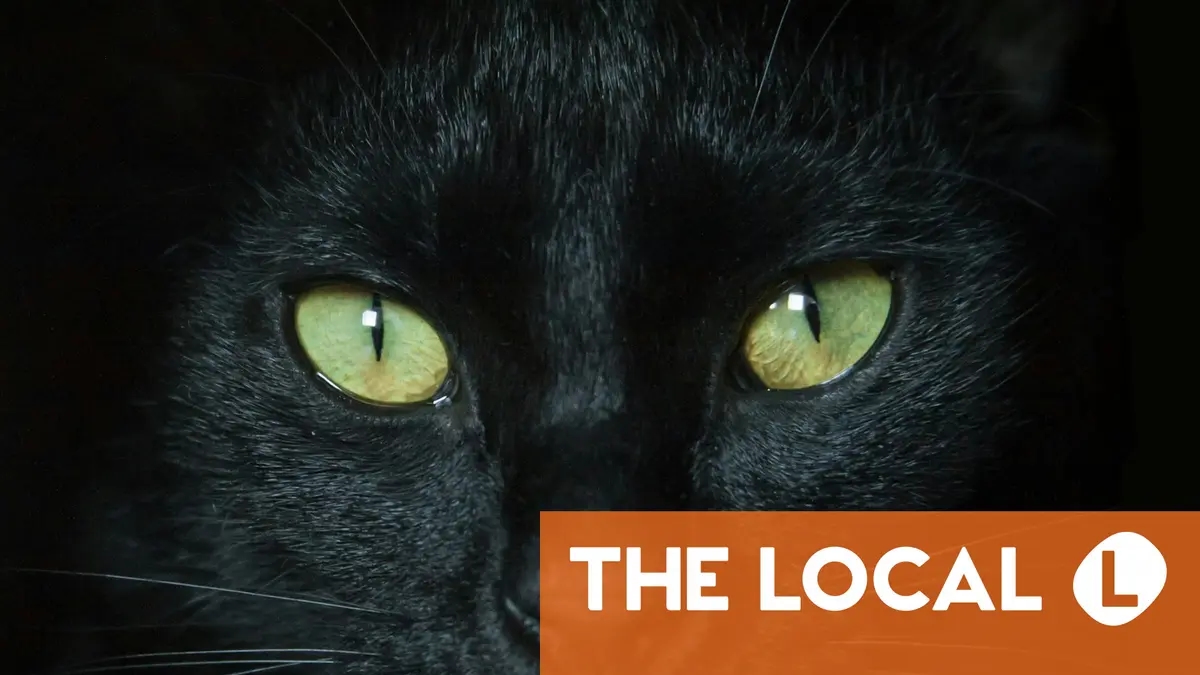Marta León, microbiota expert: “What you eat doesn't matter as much as when you eat it.”
%3Aformat(jpg)%3Aquality(99)%3Awatermark(f.elconfidencial.com%2Ffile%2Fa73%2Ff85%2Fd17%2Fa73f85d17f0b2300eddff0d114d4ab10.png%2C0%2C275%2C1)%2Ff.elconfidencial.com%2Foriginal%2Fcb1%2Ff6f%2Fa9a%2Fcb1f6fa9a75f409caaf1565b4787151b.jpg&w=1280&q=100)
The time we eat can influence our health as much as the food we choose. This is the basis of chrononutrition , a discipline that studies how meal times impact metabolism , energy , rest , and hormonal balance . Nutritionist Marta León , a women's health expert and author of The Perfect Balance , argues that learning to eat "with the sun" and rest "with the moon" can transform the way we feel every day. "The same food can feel great at one time and terrible at another, depending on how your metabolism changes throughout the day," she says.
The concept has a scientific explanation: the human body follows circadian rhythms , internal biological clocks that regulate processes such as hormone production, digestion, and body temperature. According to León, "what you eat doesn't matter as much as when you eat it," because insulin sensitivity, digestive capacity, and carbohydrate tolerance vary throughout the day. Eating at the wrong time , Especially at night, it can alter this natural balance , generating glucose spikes , inflammation and sleep problems .
Intermittent fasting could fit into this philosophy if it adapts to the natural cycle of light and darkness. León proposes a 12- to 14-hour night fast , which consists of eating dinner early and breakfast after dawn. This way, the body takes advantage of the hours of rest to regenerate and maintain a stable hormonal balance. “ Eating dinner early is much more effective than skipping breakfast ,” she explains. Eating with the sun and letting the night serve to repair tissues and synthesize hormones allows, according to this expert, to improve digestion , rest and well-being. weight control naturally.
Three key moments to eat with your internal clockDuring the morning , the body is most active and prepared to assimilate foods rich in complex carbohydrates and proteins . León explains that " in the morning we are more sensitive to insulin ," which makes it easier for the body to convert sugars into energy without storing them as fat. Therefore, he recommends breaking the fast with breakfasts rich in healthy fats and proteins —such as yogurt with nuts , sourdough toast with avocado, or scrambled eggs —and avoiding sugars or fruit juices alone, which cause a rapid rise and subsequent fall in glucose levels.
:format(jpg)/f.elconfidencial.com%2Foriginal%2Fc89%2F988%2F978%2Fc8998897867e2e2a456fb19bc78b6bd6.jpg)
At midday , metabolism reaches its highest point of the day. Between 1:00 and 2:00 PM, the body absorbs nutrients better , and serotonin —the feel-good hormone—is at its highest, preparing the body to produce melatonin at night. “It's the perfect time to include legumes , whole grains, and vegetables ,” says León. A plate of lentils, for example, can be energizing at that time, but can cause bloating if eaten at night. Eating during this time improves digestion and prevents food from accumulating as fat.
The afternoon and evening , however, require the opposite effect: light meals and early dinners. " The earlier you eat dinner, the less fattening that dinner will be ," says the nutritionist. As the sun sets, the metabolism slows down and the body enters its repair phase. Eating late or a heavy dinner interferes with melatonin production, worsens sleep quality , and can lead to morning bloating . Therefore, the general recommendation of chrononutrition is to eat your last meal between 7 and 8 p.m. and avoid complex carbohydrates during those hours.
El Confidencial





%3Aformat(jpg)%3Aquality(99)%3Awatermark(f.elconfidencial.com%2Ffile%2Fa73%2Ff85%2Fd17%2Fa73f85d17f0b2300eddff0d114d4ab10.png%2C0%2C275%2C1)%2Ff.elconfidencial.com%2Foriginal%2F51d%2Fe9f%2F61b%2F51de9f61b0f36cf3209ddf533781cb70.jpg&w=1280&q=100)